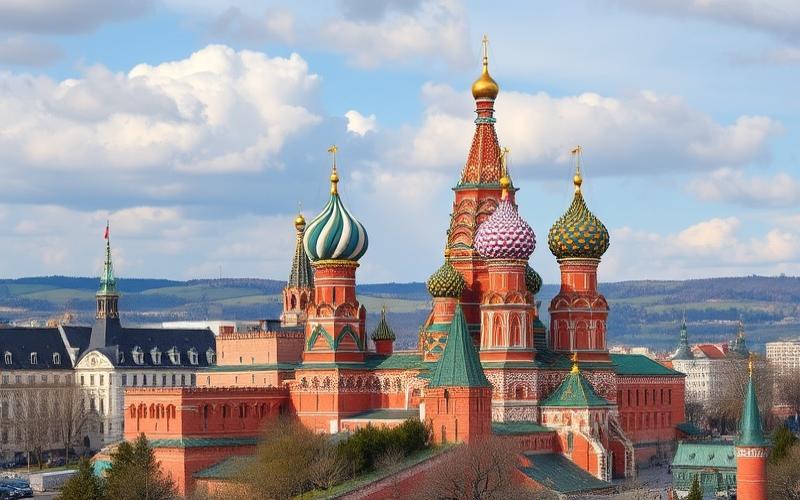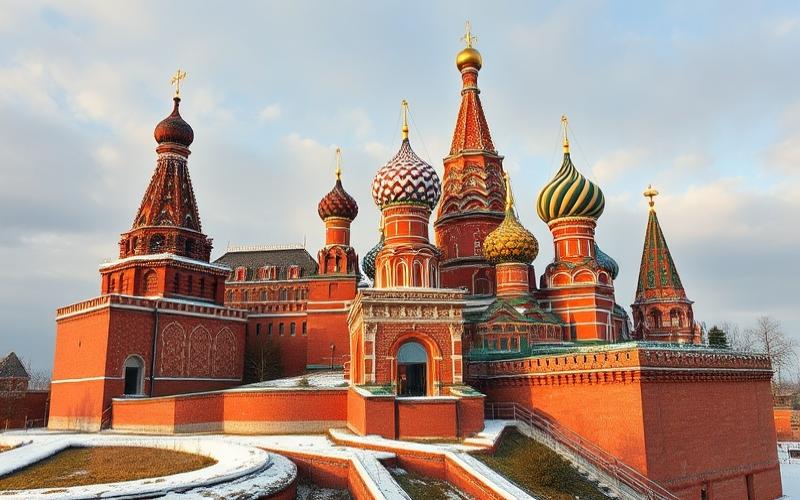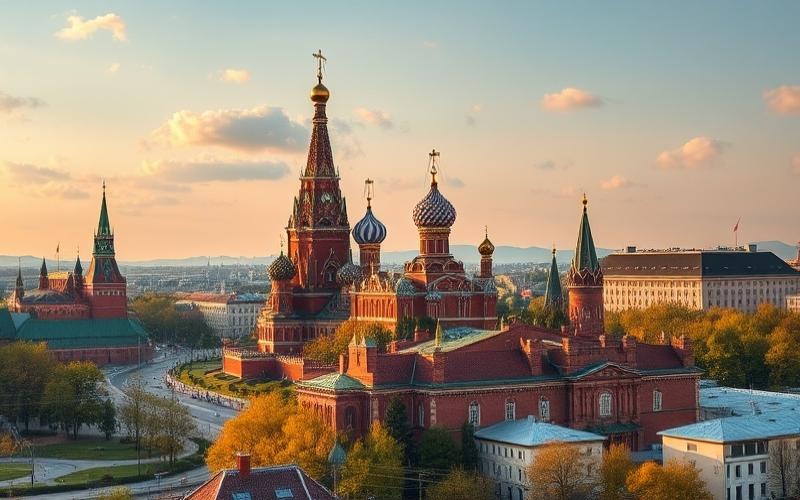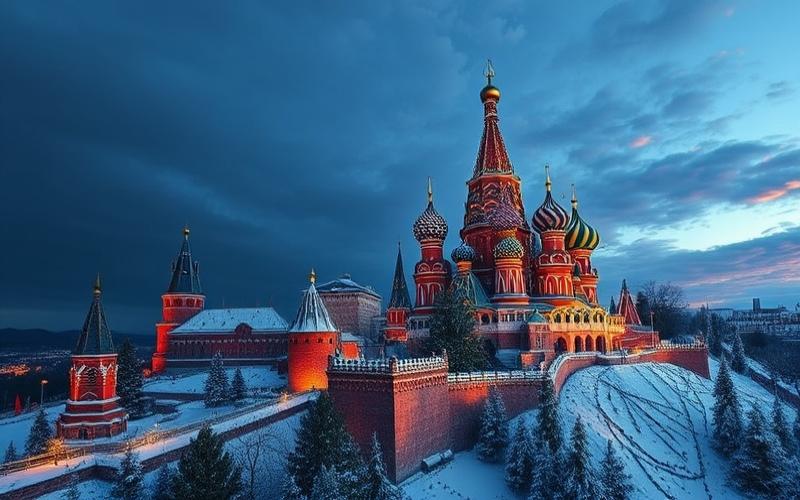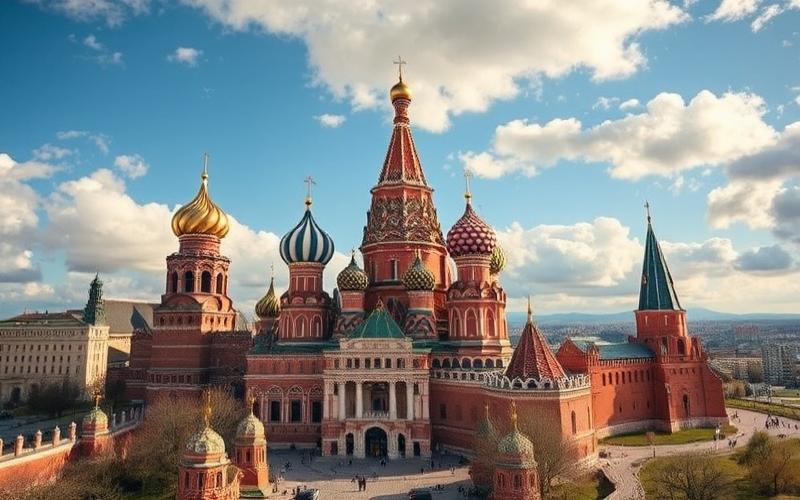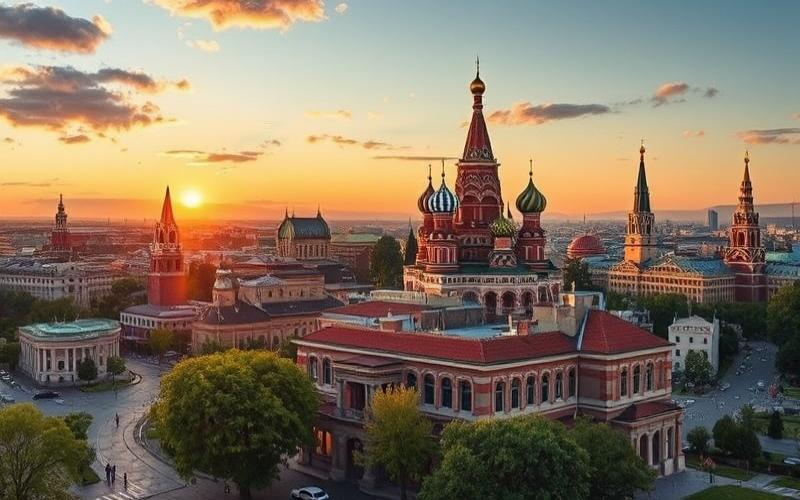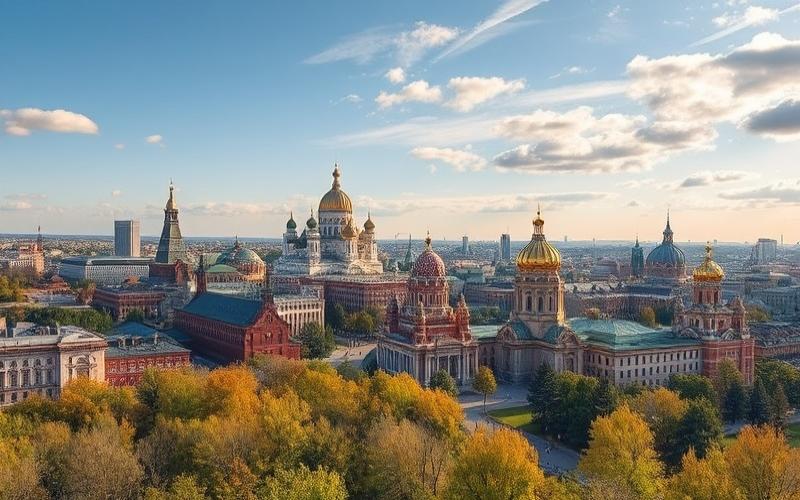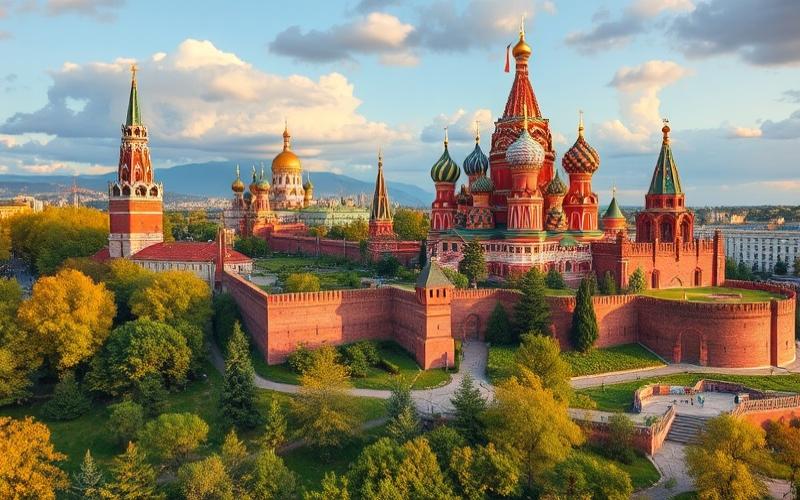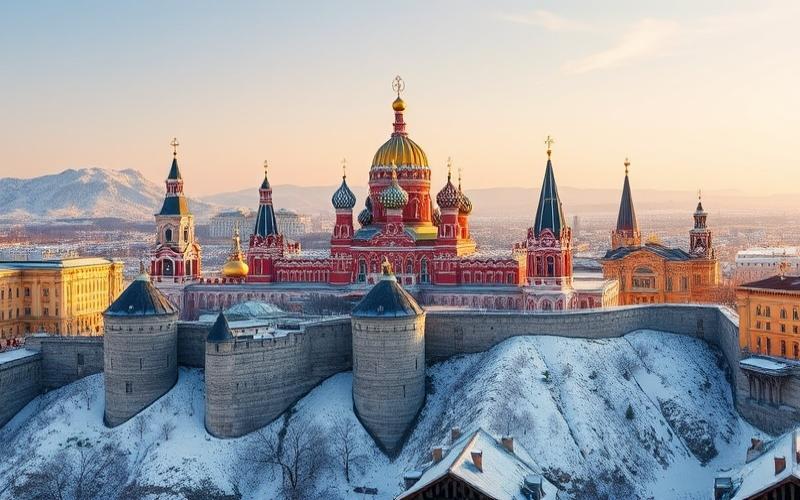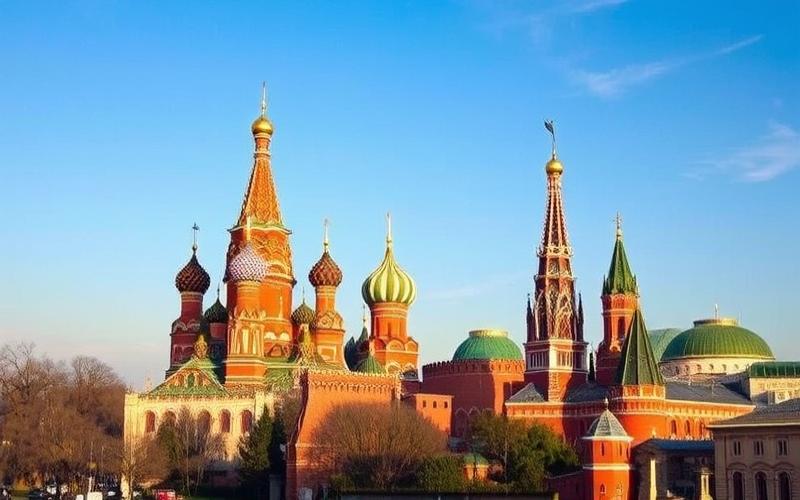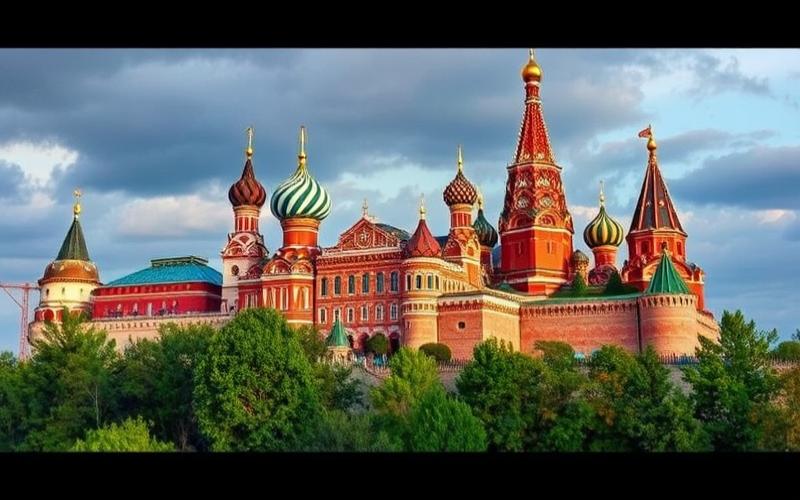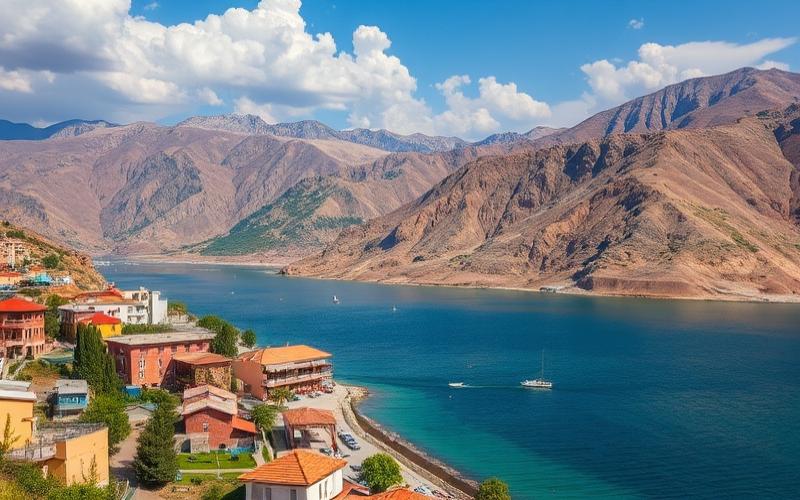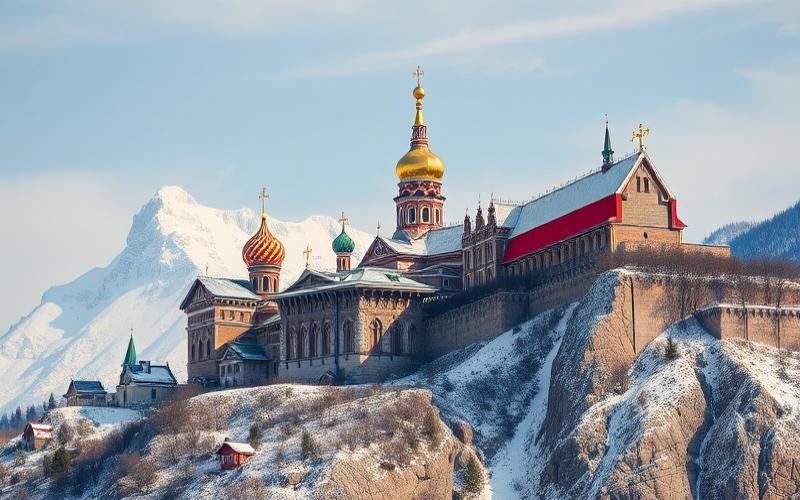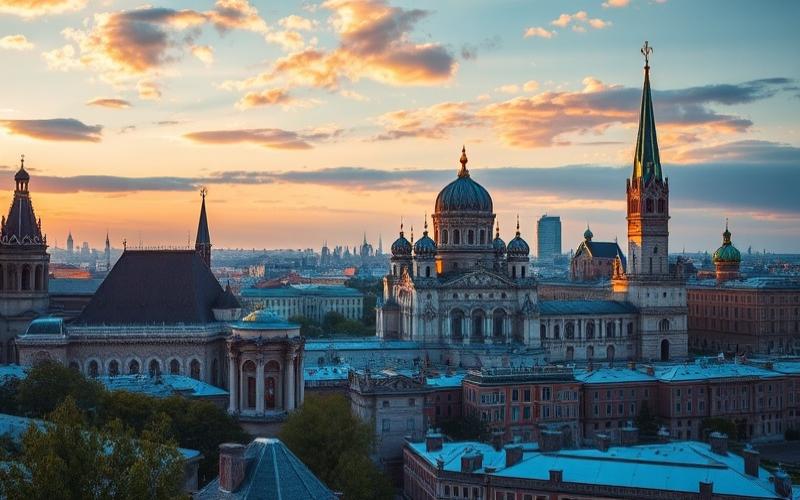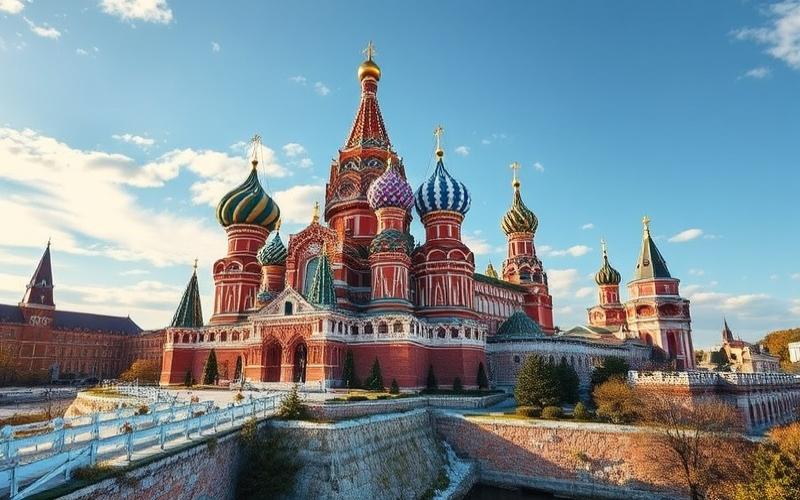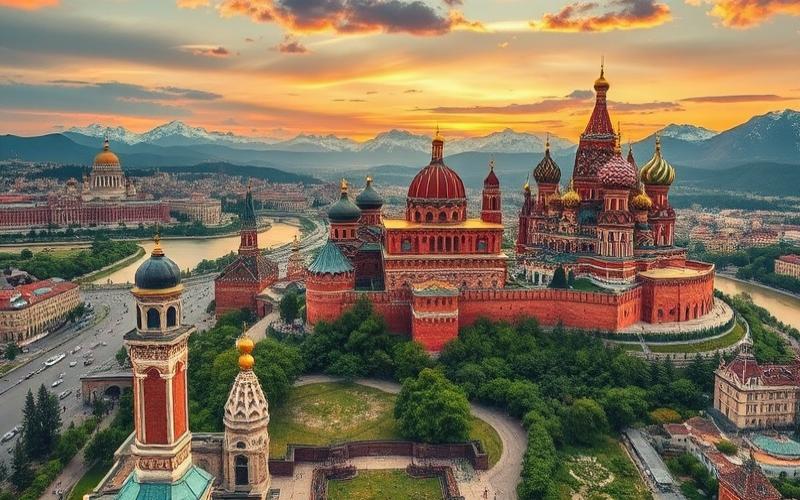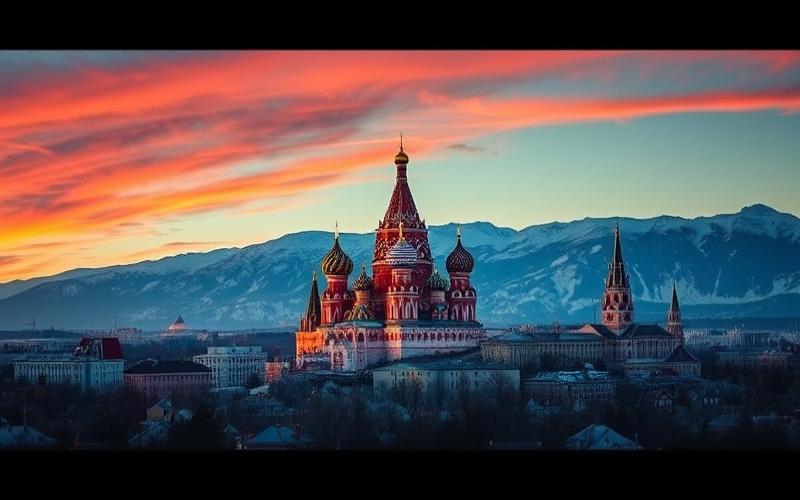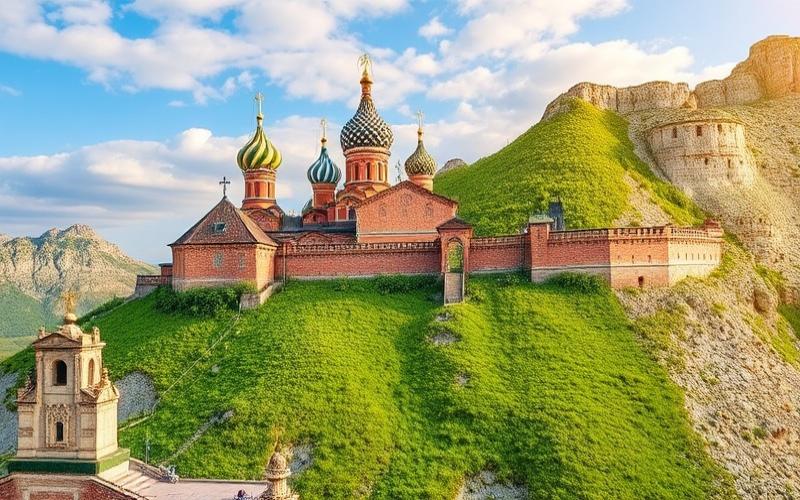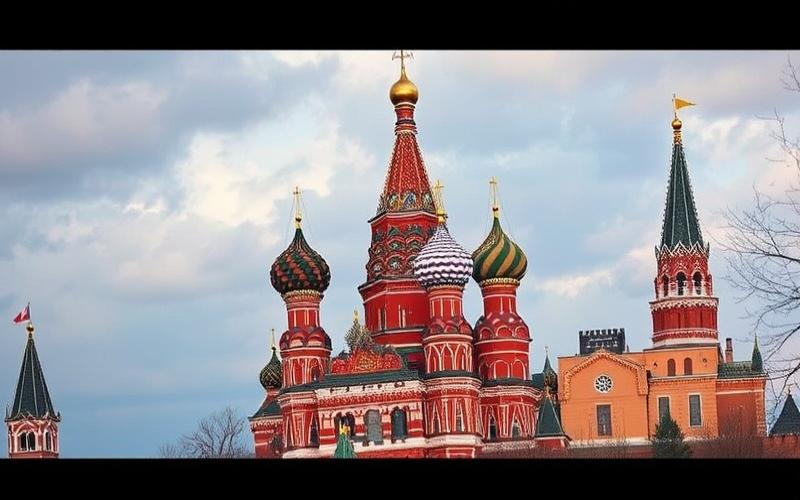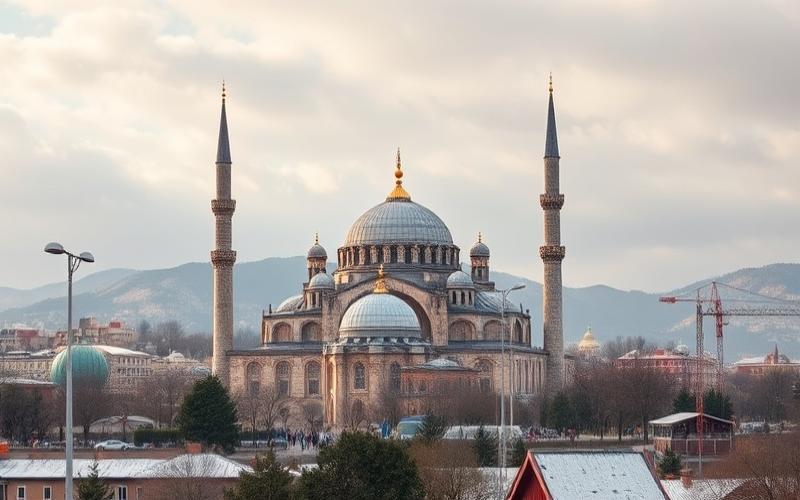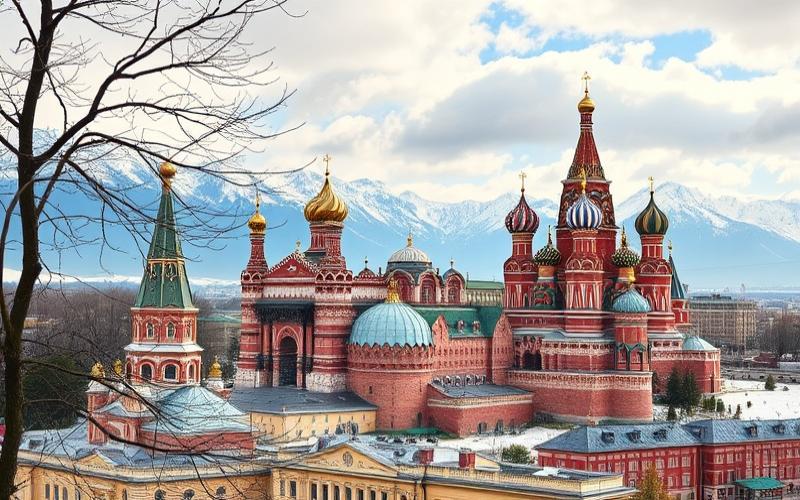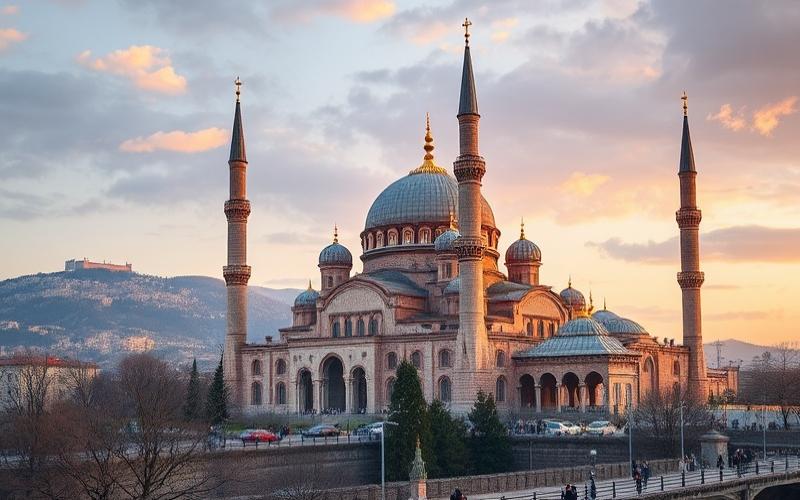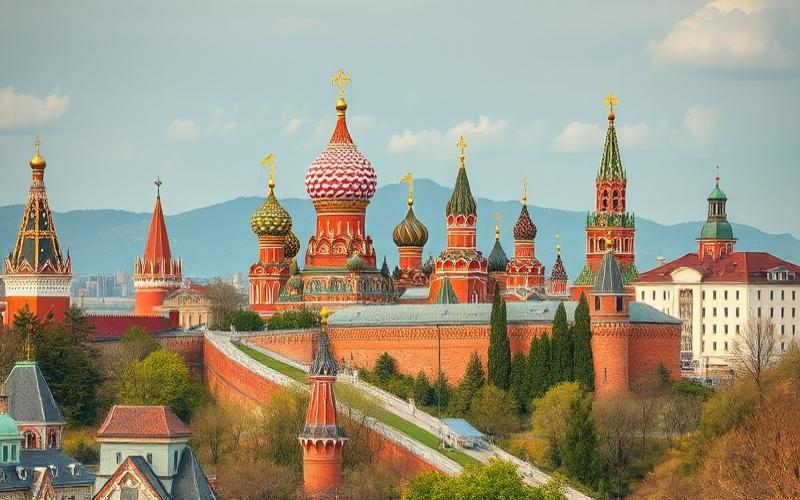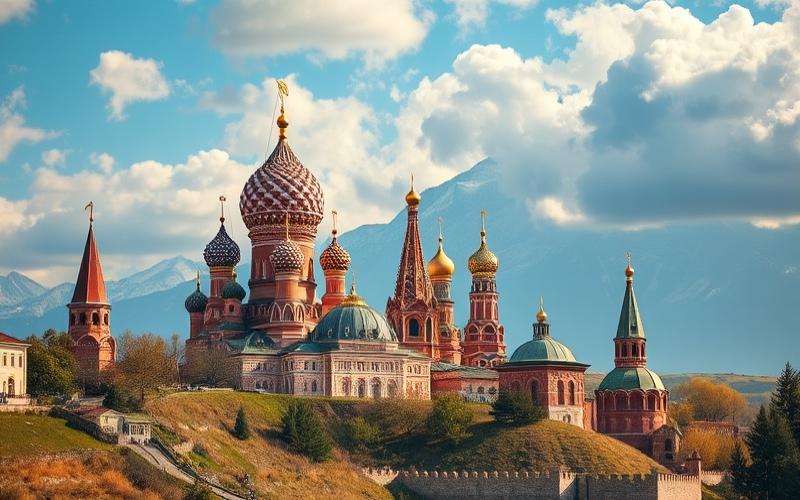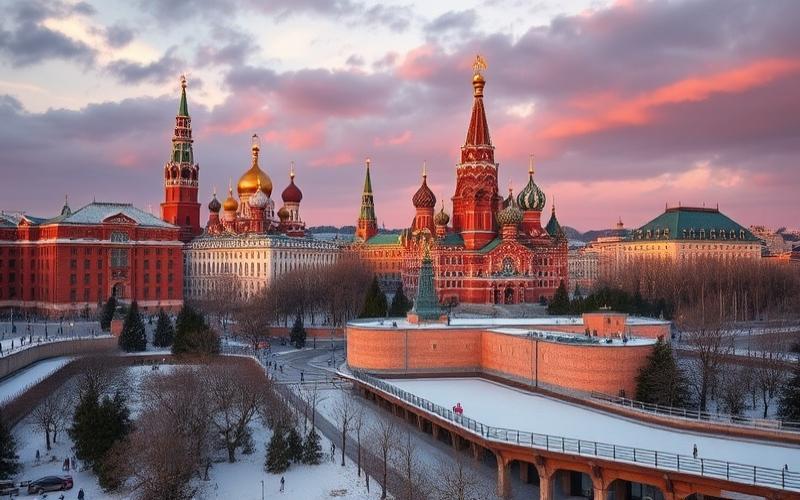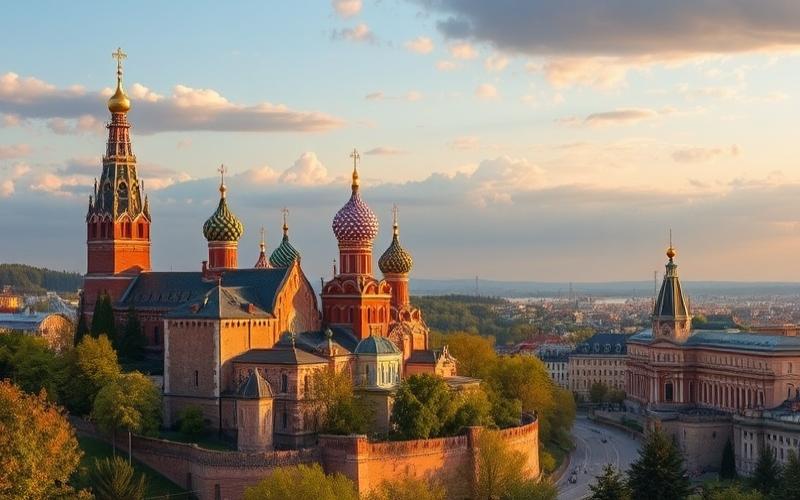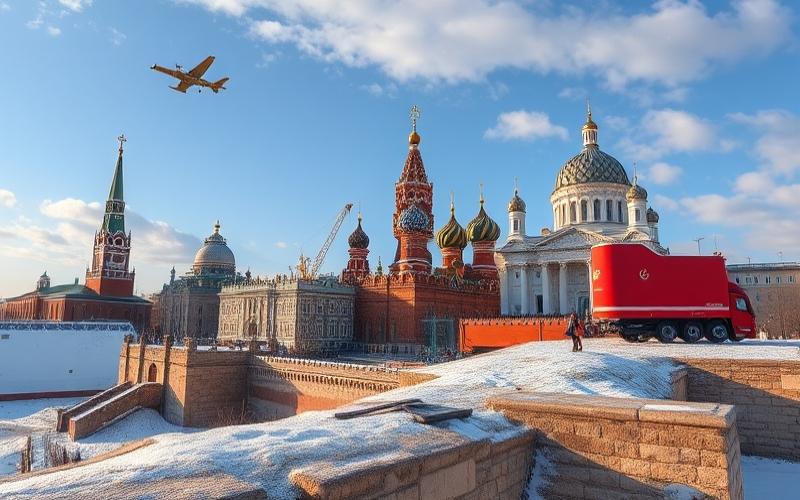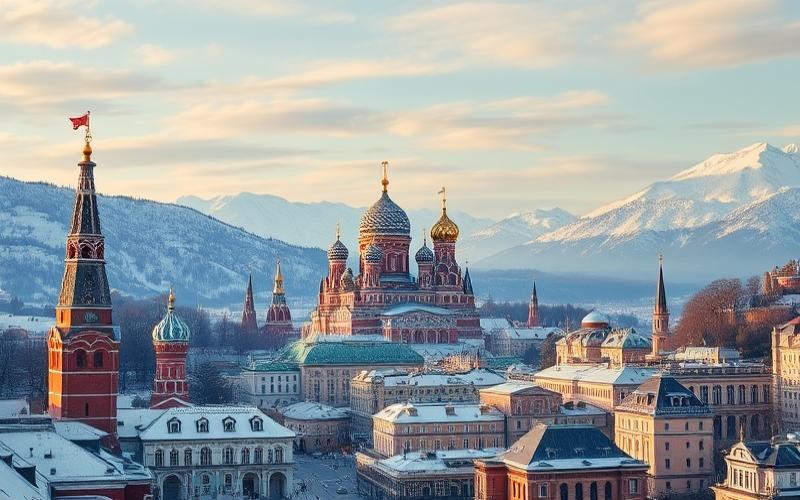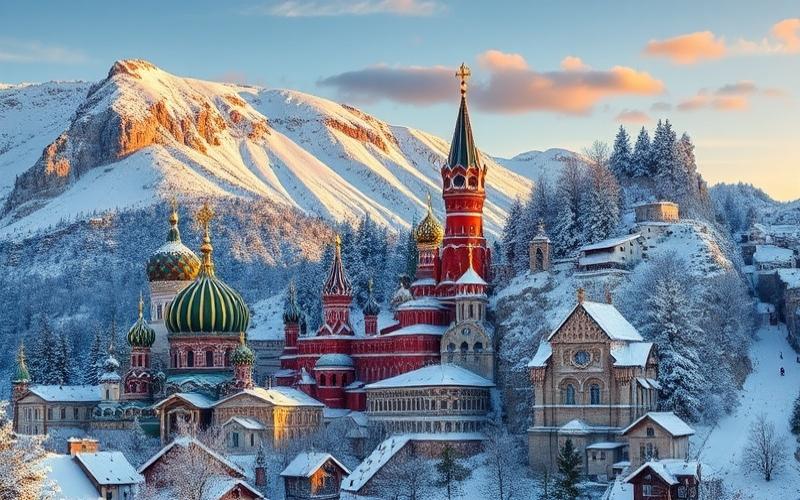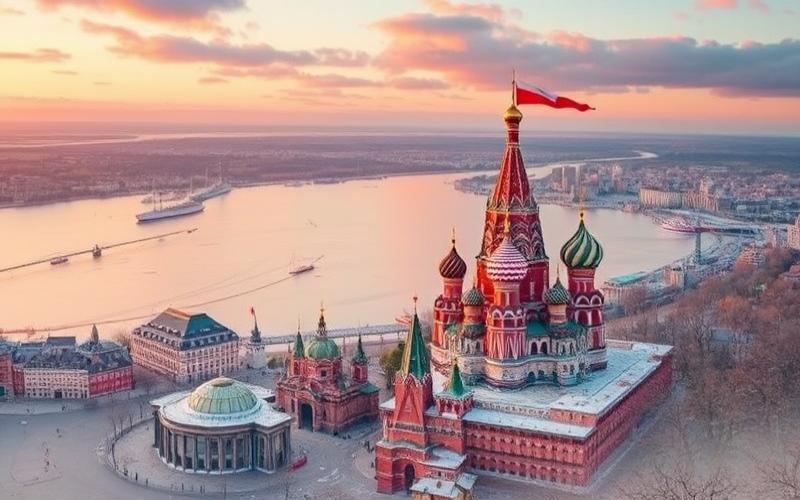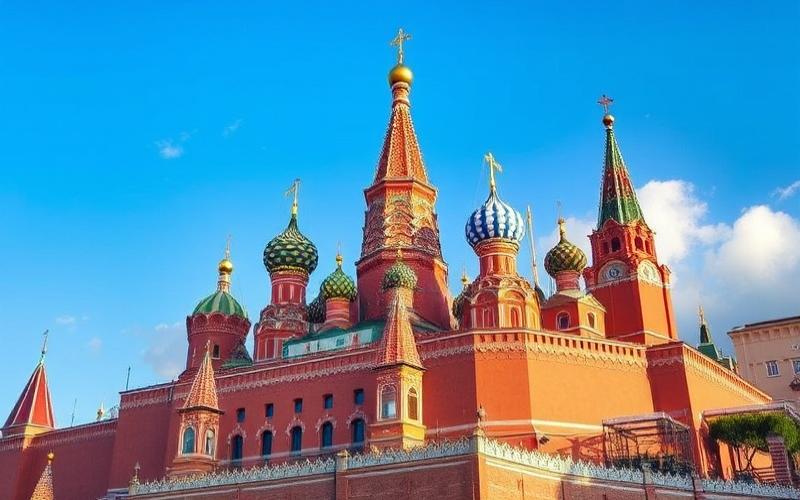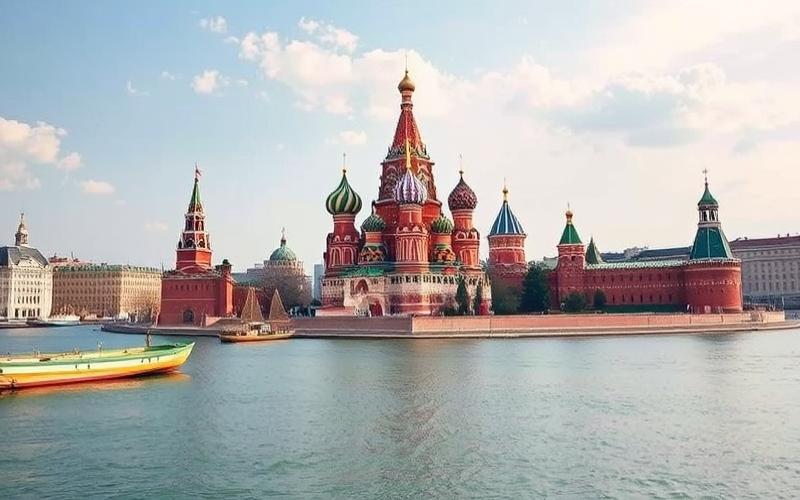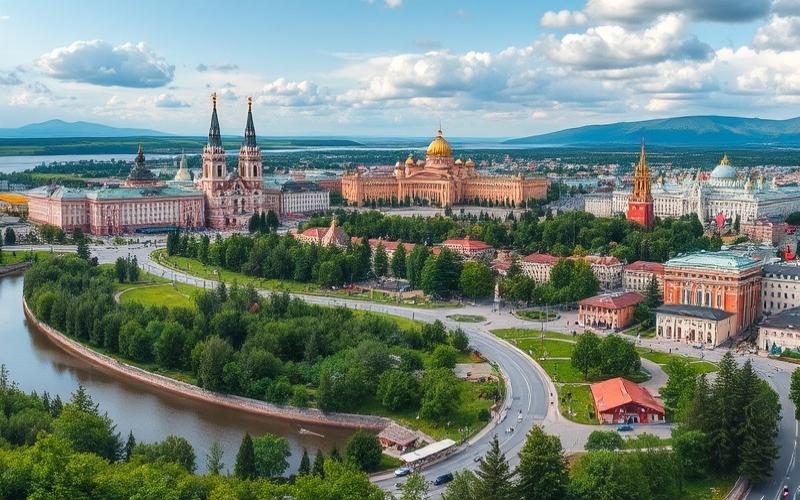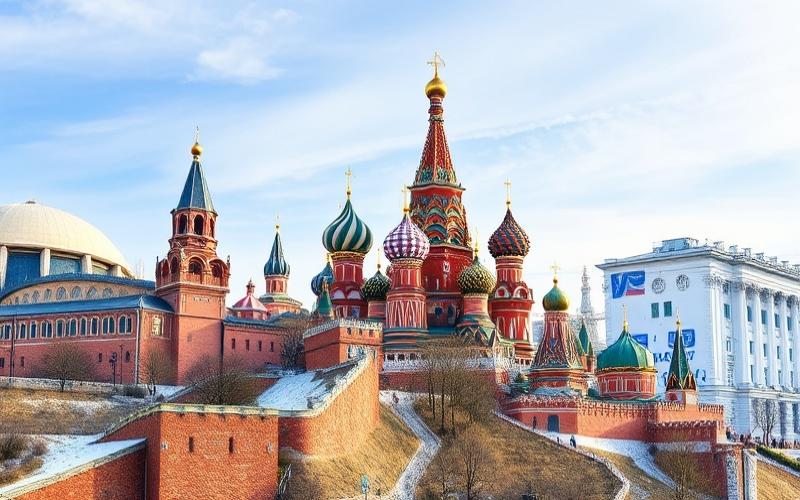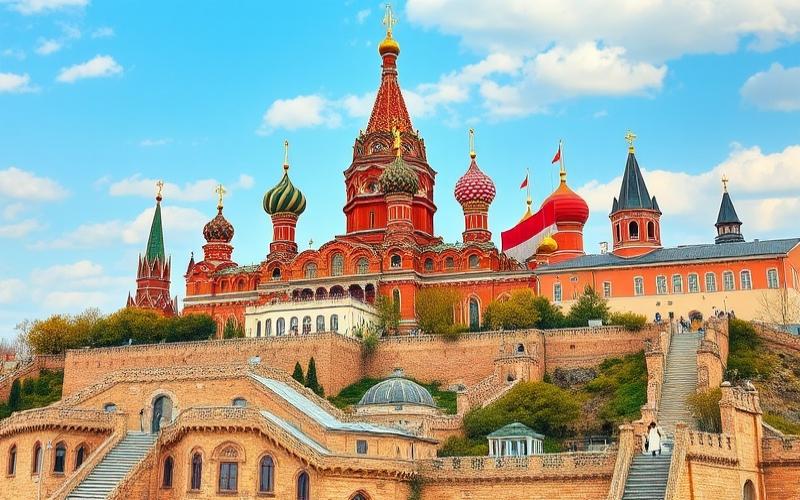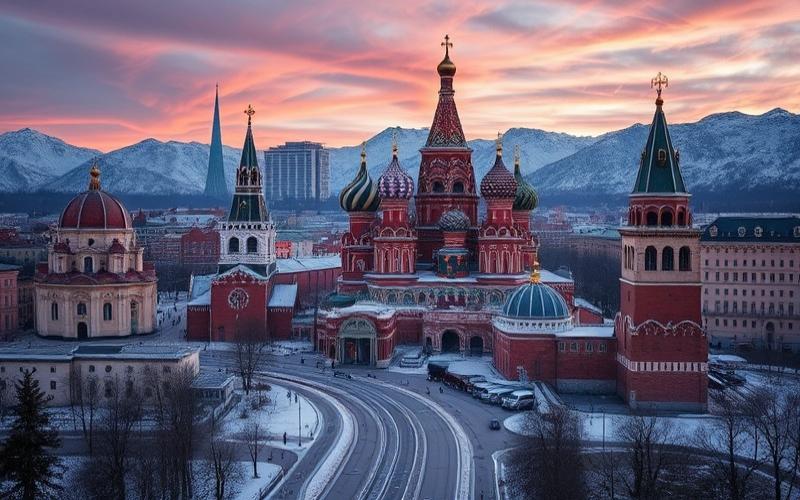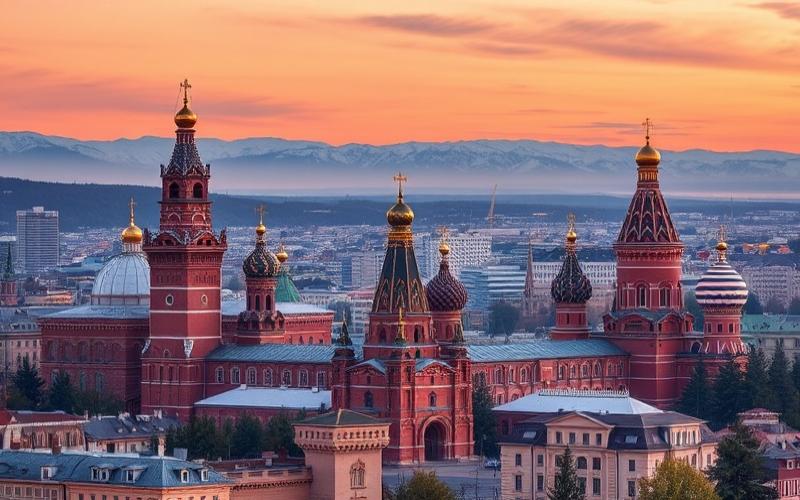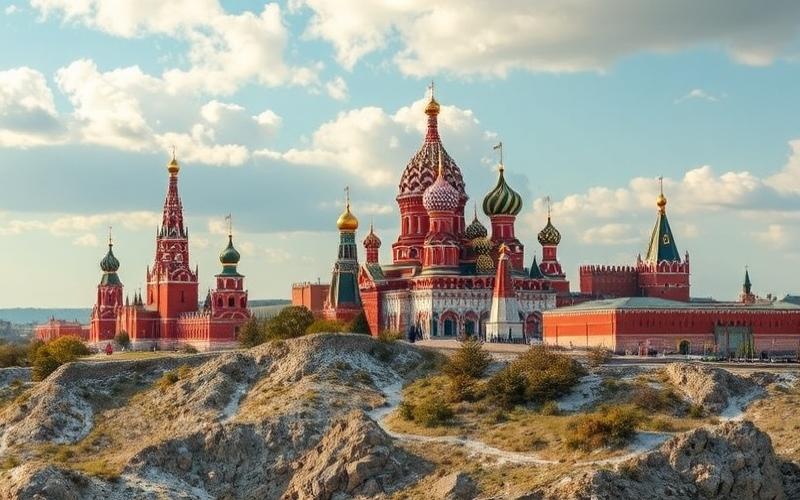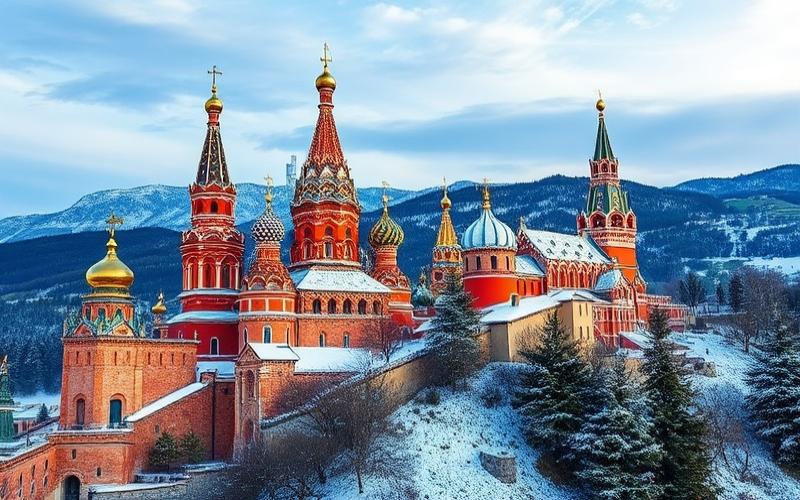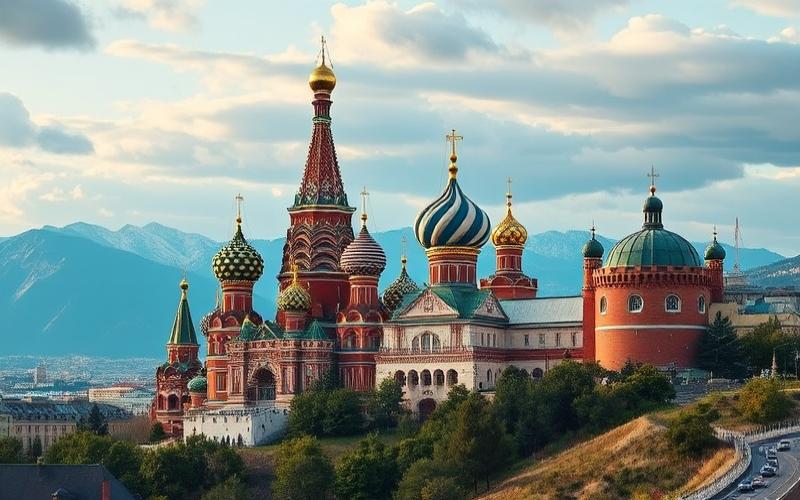
 Published on and written by Cyril Jarnias
Published on and written by Cyril Jarnias
Living far from home can be an emotional challenge, and when you find yourself in Russia—a country rich in culture and history but often so different from your own background—homesickness can intensify. However, there are proven strategies to navigate this feeling of isolation and find comfort.
How to Alleviate Homesickness in Russia
In this article, we will explore effective ways to alleviate homesickness, including:
- By creating a reassuring daily routine
- By discovering local beauty and riches
- By establishing a support network among expatriates and locals alike
Whether you’re in Russia for work, study, or adventure, these tips will help turn distance into a positive and enriching experience.
Understanding Homesickness in Russia
Russia, with its size and history, presents cultural, historical, and geographical specificities that can exacerbate homesickness among expatriates.
Geographical and Climatic Differences
- Russia is characterized by long, harsh winters, with temperatures that can drop well below zero, especially in Moscow or Siberia.
- Natural light is significantly reduced during winter, which can heighten feelings of isolation and sadness in those unaccustomed to this climate.
- Distances between major cities are immense, making travel costly and lengthy, which can reinforce the sense of distance from one’s home country.
Language and Communication
- Russian is the primary language, and proficiency is often essential for social and professional integration.
- The language barrier limits access to services and social life and can create a feeling of exclusion.
- The Cyrillic alphabet complicates reading signs, documents, and menus for the uninitiated.
Cultural Specificities and Social Customs
- Russian social codes differ significantly from those of Western Europe: communication may seem more direct, politeness is expressed differently, and public displays of affection are rarer.
- Trust-based relationships take time to build, and humor, cultural references, or taboos can confuse expatriates.
- Holidays and traditions (New Year, Maslenitsa, etc.) don’t always align with those of one’s home country, reinforcing the feeling of foreignness.
Food and Lifestyle Habits
- Russian cuisine favors different products (soups, meats, marinated fish, few varieties of cheese, etc.), which can lead to missing familiar flavors.
- Meal times and eating habits (hearty breakfasts, early or late dinners depending on the region) can be unsettling.
| Factor | Russian Specificity | Impact on Homesickness |
|---|---|---|
| Climate | Long, cold winters, little light | Fatigue, sadness, isolation |
| Language | Russian, Cyrillic alphabet | Communication difficulties |
| Social Customs | Different politeness, distant relationships | Feeling of misunderstanding |
| Food | Different products and recipes | Nostalgia for home flavors |
| Geographical Distance | Remoteness and internal distances | Difficulty returning “home” |
Expatriate Testimonials in Russia
- Géraldine, an expatriate in Russia for over three years, describes a “violent” and “painful” departure:
“For now, I’m returning alone with my two children via Armenia… We’ve already organized the move because we didn’t want to risk it being stuck in Russia for a long time.”
This experience highlights the complicated logistics, uncertainty, and attachment to the life built in Russia, making the return difficult to handle. - Another expatriate shares:
“I felt confined at home, communication was difficult, and the distance from my loved ones in France was heavy. But, at the same time, life on site offered me new perspectives.”
This testimony illustrates the duality between discovery and discomfort.
Culture Shock as a Triggering Factor
- Culture shock in Russia is often intense due to differences in mentality, bureaucracy, unspoken rules, and the difficulty in quickly forming deep social connections.
- This shock manifests as a loss of bearings, misunderstanding of local codes, and a persistent feeling of foreignness.
Potential Psychological Consequences
- Homesickness can lead to:
- Anxiety, stress, sleep disorders.
- Depression, with symptoms such as loss of motivation, fatigue, irritability, or even social disengagement.
- Feelings of loneliness and isolation, amplified by distance and difficulty maintaining relationships with the home country.
- In extreme cases, some expatriates mention wanting to give up everything to return, sometimes under family or professional pressure.
- Studies show that persistent homesickness can have lasting effects on self-esteem and mental health, sometimes requiring psychological support.
Homesickness in Russia is amplified by the harsh climate, language barrier, different social codes, and unfamiliar food. Expatriates report deep nostalgia, feelings of isolation, and psychological difficulties, often exacerbated by culture shock.
Good to Know:
In Russia, culture shock related to extreme climate differences, language complexity, and distinct social customs can intensify homesickness, as reported by several expatriates experiencing loneliness and disorientation; it’s advisable to quickly familiarize yourself with local cuisine to ease the sense of displacement and seek expatriate communities to feel less isolated.
Creating a Comforting Routine
Creating a comforting routine during a stay in Russia helps restore a sense of stability, essential when facing distance and daily changes. Establishing well-chosen habits helps combat stress and isolation and promotes better adaptation to the local environment.
Benefits of a Daily Routine:
- Provides reassuring structure in the face of the unknown
- Creates personal landmarks and reduces the feeling of uprooting
- Promotes stress management and emotional stability
Practical Tips for Establishing a Comforting Routine Adapted to Russia:
Soothing Morning Ritual:
- Take time to enjoy a hot drink (tea, coffee, or Russian herbal tea)
- Expose yourself to natural light, especially in winter when days are short
- Practice gentle exercises (stretching, breathing) to start the day well despite the cold
Incorporate Elements from Your Home Culture:
- Listen to music or podcasts in your native language
- Regularly cook traditional dishes from your country using local or imported ingredients
- Decorate your space with familiar objects (photos, souvenirs) to recreate a warm atmosphere
Create Moments of Relaxation and Self-Care:
- Schedule time for yourself to read, meditate, or keep a journal
- Try Russian baths (“banya”) to relax and immerse yourself in local culture
- Prioritize relaxation activities at home: hot baths, facial care, yoga
Open Up to Russian Culture While Preserving Your Habits:
- Participate in local events or workshops (cooking, crafts, music)
- Explore Russian markets and incorporate some local products into your diet
- Take time to learn a few useful Russian words or phrases to facilitate daily exchanges
Managing the Climate and Russian Pace of Life:
- Adapt your routine to the seasons: in winter, prioritize comforting indoor activities; in summer, enjoy parks and walks
- Dress warmly by layering to withstand low temperatures
- Rest more during long winter nights to respect your body’s natural rhythm
Examples of Rituals to Integrate into Your Daily Life in Russia:
| Time of Day | Comforting Ritual Idea |
|---|---|
| Morning | Breakfast with a homemade recipe, listening to familiar music |
| Afternoon | Tea break with a Russian or home-country cake, reading or a walk |
| Evening | Video call with family, preparing a traditional dish, relaxing with a favorite movie |
Key Takeaways:
- Adjust your habits to local realities (cost of living, product availability, climate)
- Don’t hesitate to blend your home culture with Russian traditions to create a unique and enriching routine
- Give yourself permission to take time for yourself, even in a new environment
Creating a comforting routine means giving yourself a bubble of stability and gentleness, essential for living your expatriation in Russia well.
Good to Know:
Incorporate tea breaks to appreciate the Russian samovar tradition and include morning walks to enjoy winter landscapes, while listening to a playlist of music from home for a touch of comfort.
Strengthening Ties with Loved Ones
Strengthening ties with loved ones in the context of homesickness in Russia:
Maintaining regular contact with family and friends from a distance is essential to combat emotional isolation. This involves actively planning moments of exchange, whether through messages, calls, or sharing photos and videos.
The Importance of Video Calls
Video calls strengthen emotional connection by allowing you to see expressions, share live moments, and maintain emotional closeness despite the distance.
In Russia, access to international messaging apps for audio and video calls on WhatsApp and Telegram has recently been restricted, though they remain the most used platforms for written messaging. To bypass these restrictions, it’s recommended to use alternative applications like Max, the new Russian messaging service, which offers similar features for daily communication.
| Application | Main Features | Popularity / Availability |
|---|---|---|
| Messages, video calls (partially blocked) | Very popular, restricted use for calls | |
| Telegram | Messages, video calls (partially blocked) | Very popular, restricted use for calls |
| VKontakte (VK) | Social network, chat, calls | Widely used, especially among youth |
| Max | Chat, calls, photo sharing | Growing, national solution |
Planning Mutual Visits
When travel is possible, organizing visits to loved ones in advance or planning joint vacations reinforces the sense of belonging and offers positive outlooks. It’s advisable to use shared calendar tools or discussion groups to coordinate these visits.
Sharing News and Daily Events
Regularly sending photos, videos, or messages about small daily events (meals, outings, achievements, anecdotes) maintains a natural flow of exchange, reducing the sensation of distance.
Examples of Popular Technologies or Applications in Russia
- VK (VKontakte): to create family groups, share photo albums, and organize events.
- Max: new application for secure calls and exchanges.
- Telegram/WhatsApp: despite restrictions, still widely used for written messages and file sharing.
- Zoom, Skype, Google Meet: for group video calls, especially during family events.
- Celebrate birthdays or traditional holidays (New Year, Maslenitsa, Easter) remotely via video conference or by sharing photos of prepared dishes.
- Maintain regular appointments, like a Sunday video call or synchronized viewing of a family movie.
Positive Effect: These practices reinforce the sense of belonging, support, and stability, significantly reducing homesickness by promoting emotional and cultural continuity, even at a distance.
Good to Know:
Use popular apps in Russia like Telegram or WhatsApp for regular video calls and share your daily moments via VKontakte to maintain strong ties; organize mutual visits and uphold shared traditions to strengthen the sense of belonging.
Integrating into the Local Culture
Integration into Local Culture in Russia: Practical Tips
- Familiarize yourself with the Russian language
Learning the basics of Russian greatly facilitates daily interactions and shows respect towards the locals. Even a few simple words or phrases can open many doors and elicit goodwill during informal exchanges. - Take an interest in history and cultural traditions
Understanding customs, local holidays, and Russia’s history helps grasp behaviors and habits while avoiding sensitive topics. Participating in workshops, festivals, or traditional ceremonies allows for authentic immersion in local life. - Participate in community or local events
Attending cultural events, festivals (like Maslenitsa), markets, or craft workshops promotes encounters and expands social circles. Spontaneous invitations to meals or activities are frequent and often become precious memories. - Explore Russian cuisine
Trying typical Russian dishes in local restaurants or markets, and showing interest in regional specialties, allows for a better understanding of the country’s culture and sharing convivial moments with locals. - Respect local traditions and lifestyles
Observing and adopting certain daily practices (e.g., respecting table manners, participating in a toast, offering a small gift when invited) helps establish harmonious relationships and gain the trust of your interlocutors.
| Objective | Recommended Actions | Benefits |
|---|---|---|
| Language | Learn Russian, use simple expressions | Facilitates communication |
| History and Traditions | Read about culture, participate in festivals | Better local understanding |
| Community Events | Attend workshops, parties, neighborhood meetings | Develops social network |
| Cuisine | Try typical dishes, visit markets | Sensory discovery |
| Respect for Customs | Observe practices, adapt to local habits | Harmonious relationships |
Keep an open mind and be adaptable
Being ready to adapt to new ways of doing things, step out of your comfort zone, and welcome cultural differences is fundamental for successful integration. Open-mindedness fosters exchange, learning, and mutual understanding, while enriching personal experience.
Good to Know:
Learn a few basic Russian expressions to facilitate daily exchanges and participate in local festivals to discover the richness of cultural traditions. Explore Russian cuisine by tasting borscht soup or blinis at local markets and remain open to new experiences to build harmonious relationships with the locals.
Disclaimer: The information provided on this website is for informational purposes only and does not constitute financial, legal, or professional advice. We encourage you to consult qualified experts before making any investment, real estate, or expatriation decisions. Although we strive to maintain up-to-date and accurate information, we do not guarantee the completeness, accuracy, or timeliness of the proposed content. As investment and expatriation involve risks, we disclaim any liability for potential losses or damages arising from the use of this site. Your use of this site confirms your acceptance of these terms and your understanding of the associated risks.

